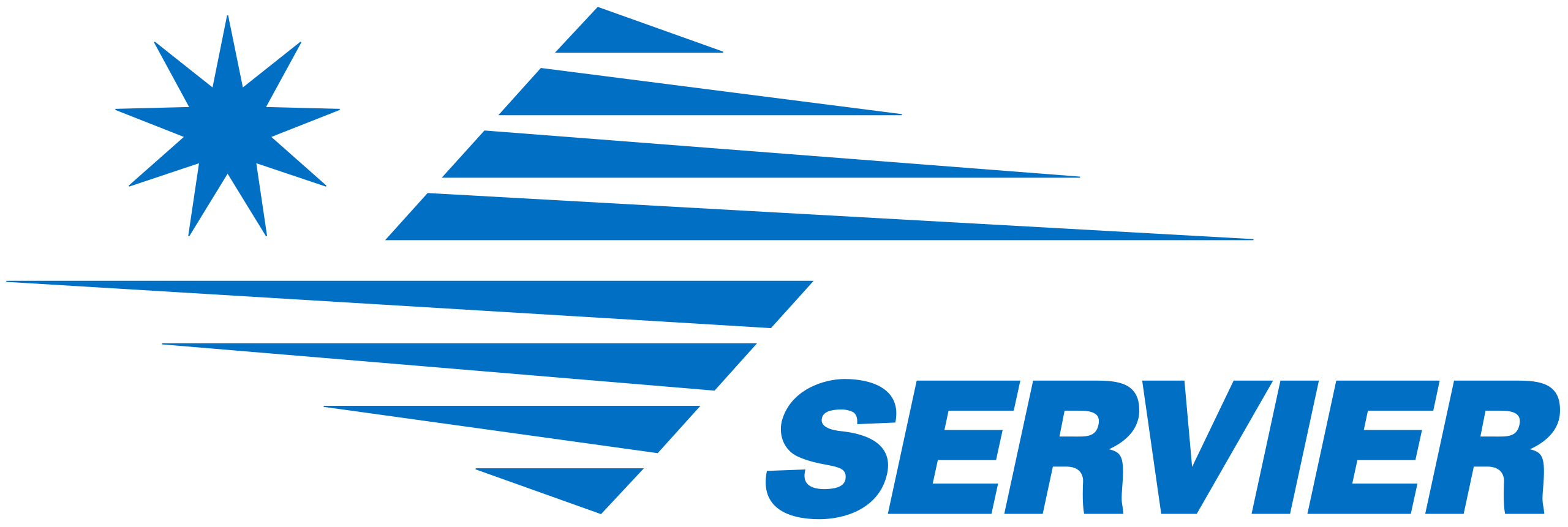Go back to trials list
Personalized NK Cell Therapy in CBT
Description
This phase II clinical trial studies how well personalized natural killer (NK) cell therapy works after chemotherapy and umbilical cord blood transplant in treating patients with myelodysplastic syndrome, leukemia, lymphoma or multiple myeloma. This clinical trial will test cord blood (CB) selection for human leukocyte antigen (HLA)-C1/x recipients based on HLA-killer-cell immunoglobulin-like receptor (KIR) typing, and adoptive therapy with CB-derived NK cells for HLA-C2/C2 patients. Natural killer cells may kill tumor cells that remain in the body after chemotherapy treatment and lessen the risk of graft versus host disease after cord blood transplant.PRIMARY OBJECTIVES: I. Progression-free survival (PFS) time. SECONDARY OBJECTIVES: I. Overall survival (OS) time. II. Transplant related mortality (TRM). III. Graft versus host disease (GVHD). IV. Infection OUTLINE: Patients are assigned to 1 of 3 preparative regimens. MYELOABLATIVE REGIMEN 1: Patients receive anti-thymocyte globuli
Trial Eligibility
Inclusion Criteria: * Patients must have one of the following hematologic malignancies: acute myelogenous leukemia (AML), induction failure, high-risk for relapse first remission (with intermediate-risk or high-risk cytogenetics including complex karyotype, abnormal \[abn\]\[3q\], -5/5q-, -7/7q-, abn\[12p\], abn\[17p\], myeloid/lymphoid or mixed-lineage leukemia \[MLL\] gene re-arrangement and t \[6;9\]47, fms related tyrosine kinase 3 \[flt3\] mutation positive and/or evidence of minimal residual disease by flow cytometry), secondary leukemia from prior chemotherapy and/or arising from myelodysplastic syndromes (MDS), any disease beyond first remission * Myelodysplastic syndrome (MDS): Primary or therapy related, including patients that will be considered for transplant; these include any of the following categories: 1) revised International Prognostic Scoring System (IPSS) intermediate and high risk groups, 2) malondialdehyde (MDA) with transfusion dependency, 3) failure to respond or progression of disease on hypomethylating agents, 4) refractory anemia with excess of blasts, 5) transformation to acute leukemia, 6) chronic myelomonocytic leukemia, 7) atypical MDS/myeloproliferative syndromes, 8) complex karyotype, abn(3g), -5/5g-, -7/7g-, abn(12p), abn(17p) * Acute lymphoblastic leukemia (ALL): Induction failure, primary refractory to treatment (do not achieve complete remission after first course of therapy) or are beyond first remission including second or greater remission or active disease; patients in first remission are eligible if they are considered high risk, defined as any of the following detected at any time: with translocations 9;22 or 4;11, hypodiploidy, complex karyotype, secondary leukemia developing after cytotoxic drug exposure, and/or evidence of minimal residual disease or acute biphenotypic leukemia, or double hit non-Hodgkin's lymphoma * Non-Hodgkin's lymphoma (NHL) in second or third complete remission, or relapse (including relapse post autologous hematopoietic stem cell transplant); relapsed double hit lymphomas; patients with options for treatment that are known to be curative are not eligible * Small lymphocytic lymphoma (SLL), or chronic lymphocytic leukemia (CLL) with progressive disease following a minimum of two lines of standard therapy * Chronic myeloid leukemia (CML) second chronic phase or accelerated phase * Hodgkin's disease (HD): Induction failures, after first complete remission, or relapse (including relapse post autologous hematopoietic stem cell transplant), or those with active disease * Multiple myeloma: stage II or III, symptomatic, secretory multiple myeloma requiring treatment * A person (such as a haploidentical family member) or unit of cord blood must be identified as a source of back-up cells source in case of engraftment failure * Patient age criteria: age \>= 15 and =\< 45 years (myeloablative regimen 1; age \>= 15 and =\< 80 years (nonmyeloablative regimen 2) at the discretion of the investigator(s); age \>= 15 and =\< 80 years old that in the opinion of the investigator(s) would preclude myeloablative therapy may receive reduced intensity regimen 3 * Performance score of at least 60% by Karnofsky * Left ventricular ejection fraction of at least 40% (myeloablative regimen 1, reduced intensity regimen 3) * Left ventricular ejection fraction of at least 30% (nonmyeloablative regimen 2) * Pulmonary function test (PFT) demonstrating an adjusted diffusion capacity of least 50% predicted value for hemoglobin concentration (myeloablative regimen 1, reduced intensity regimen 3) * Serum creatinine within normal range, or if serum creatinine outside normal range, then renal function (measured or estimated creatinine clearance or glomerular filtration rate \[GFR\]) \> 40mL/min/1.73 m\^2 * Serum glutamate pyruvate transaminase (SGPT)/bilirubin \< to 2.0 x normal (myeloablative regimen 1), reduced intensity regimen 3; SGPT/bilirubin \< to 4.0 x normal (nonmyeloablative regimen 2) * Negative beta human chorionic gonadotropin (HCG) test in a woman with child bearing potential defined as not post-menopausal for 12 months * Patients with options for treatment that are known to be curative are not eligible * Patients enrolled in this study may be enrolled on other supportive care investigational new drug (IND) studies at the discretion of the principal investigator (PI) Exclusion Criteria: * Human immunodeficiency virus (HIV) positive; HIV results will be determined by nucleic acid testing * Uncontrolled serious medical condition such as persistent septicemia despite adequate antibiotic therapy, decompensated congestive heart failure despite cardiac medications or pulmonary insufficiency requiring intubation (excluding primary disease for which cord blood \[CB\] transplantation is proposed), or psychiatric condition that would limit informed consent * Active central nervous system (CNS) disease in patient with history of CNS malignancy * Availability of appropriate, willing, human leukocyte antigen (HLA)-matched related stem cell donor
Study Info
Organization
M.D. Anderson Cancer Center
Primary Outcome
Progression free survival (PFS) time in C2C2 patients
Interventions
Locations Recruiting
M D Anderson Cancer Center
United States, Texas, Houston
Interested in joining this trial?
Our dedicated patient navigators are here to support you by reviewing the eligibility criteria to see if you might qualify for this trial.
Stay Informed. Get the Support You Need for Acute Myeloid Leukemia.
By subscribing to the Healthtree newsletter, you'll receive the latest research, treatment updates, and expert insights to help you navigate your health.
Thanks to our HealthTree Community for Acute Myeloid Leukemia Sponsors:




